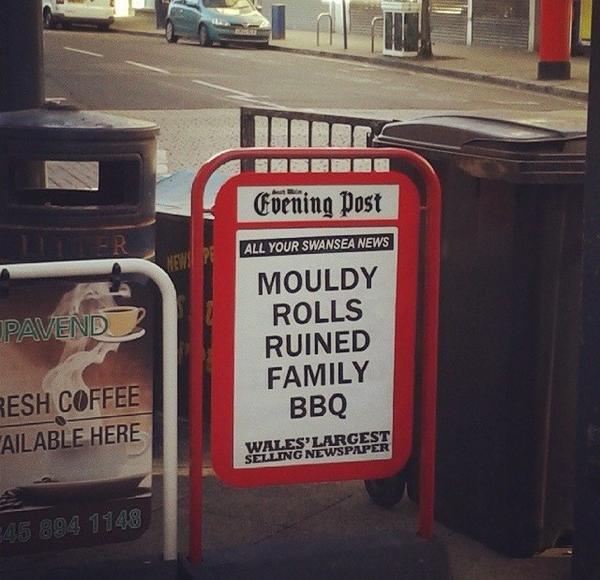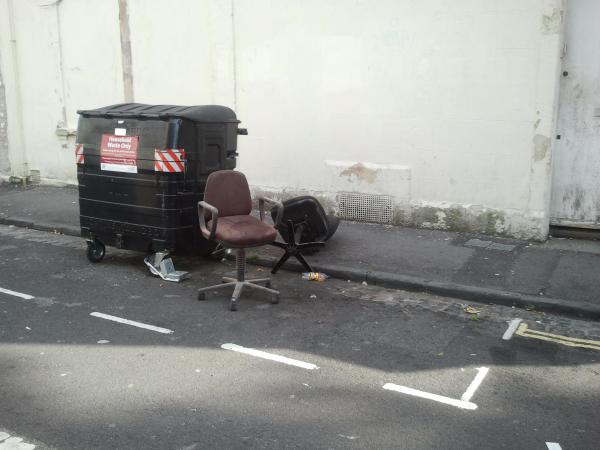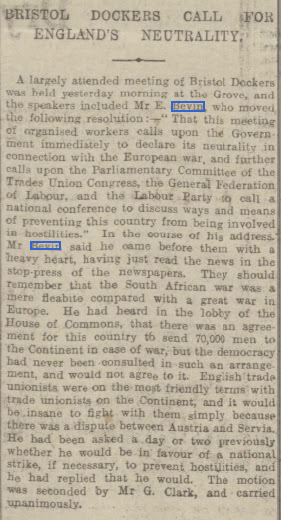A confusing spell in Red(e)cliff(e)
One of the oldest districts of Bristol is Redcliffe (or Redcliff. Ed.).
According to its Wikipedia entry, Redcliffe – the more common spelling – was once part of the manor of Bedminster before its absorption into the city of Bristol in the 13th century.
However, the spelling of Redcliff(e) has long caused controversy.
Richard Ricart, a town clerk of Bristol, in his The Maire of Bristowe is Kalendar, written between 1480 and 1508 and recording the history of Bristol since the 12th century, refers throughout to Redcliff, although there is also an occasional unusual reference to Redecliff. Both appear in this extract documenting the digging of St. Augustine’s Trench (later renamed St. Augustine’s Reach. Ed.) in 1240:
This yere was the Trenche y-made and y-caste of the ryvere, fro the Gybbe Tailloure unto the key, by the maanovre of alle the Cominalte, as wele of Redcliff warde as of the Towne of Bristowe. And the same tyme thenhabitaunts of Redecliff were combyned and corporatid with the Town of Bristowe. And as for the grounde of Seynt Austyn’s side of the forseid ryver hit was yeve and grauntid to the Cominaltee of the seid Towne by Sir William a Bradstone then Abbot of Seynt Austyns for certeyn money therfore to hym paide by the seide Cominaltee. As appereth by olde writyng therof made bitwene the forseid Maire and Cominaltee and the seid Abbot and Covent.
Redcliff these days tends to appear mostly in street names, such as Redcliff Street – the ancient road leading from Bristol Bridge to the former Redcliffe Gate in the city’s medieval walls – whilst Redcliffe is the more common version.
A couple of quick text searches via Google of Bristol City Council’s website for Redcliff and Redcliffe gives the following results.
- Redcliff: 1,120 results
- Redcliffe: 4,020 results
However, confusion as the spelling of Redcliff(e) has a long history. This is amply illustrated by the painting below by James Johnson entitled Redcliffe Street. It was painted around 1825 and hangs in Bristol City Museum & Art Gallery.

Kerry McCarthy, MP for Bristol East, has now stepped into this confusing orthographic and municipal muddle via the following tweet dated August 21st.
@wood5y I'm thinking of starting a campaign for the council to agree one way of spelling Redcliffe/ Redcliff and to stick to it. Are you in?
— Kerry McCarthy MP (@KerryMP) August 21, 2014
Before boundary changes preceding the 2010 election, Redcliff(e) was part of Kerry’s Bristol East constituency.
It has to be conceded that there is plenty of merit in Kerry’s suggestion, although she maintains she was only ‘moaning in Twitter’.
Bristol is nevertheless one of those places which changes at a glacial pace and place names in Bristol are frequently named after long-vanished owners/occupiers. For instance, most older inhabitants of the city still refer to the local authority’s headquarters as the Council House (pronounced Counts Louse locally. Ed.), even though one of the first acts of elected Mayor George Ferguson was to rename it with the American-sounding City Hall in a cosmetic exercise.
Does Kerry’s campaign have any chance of success? Your views are welcome in the comments below.










